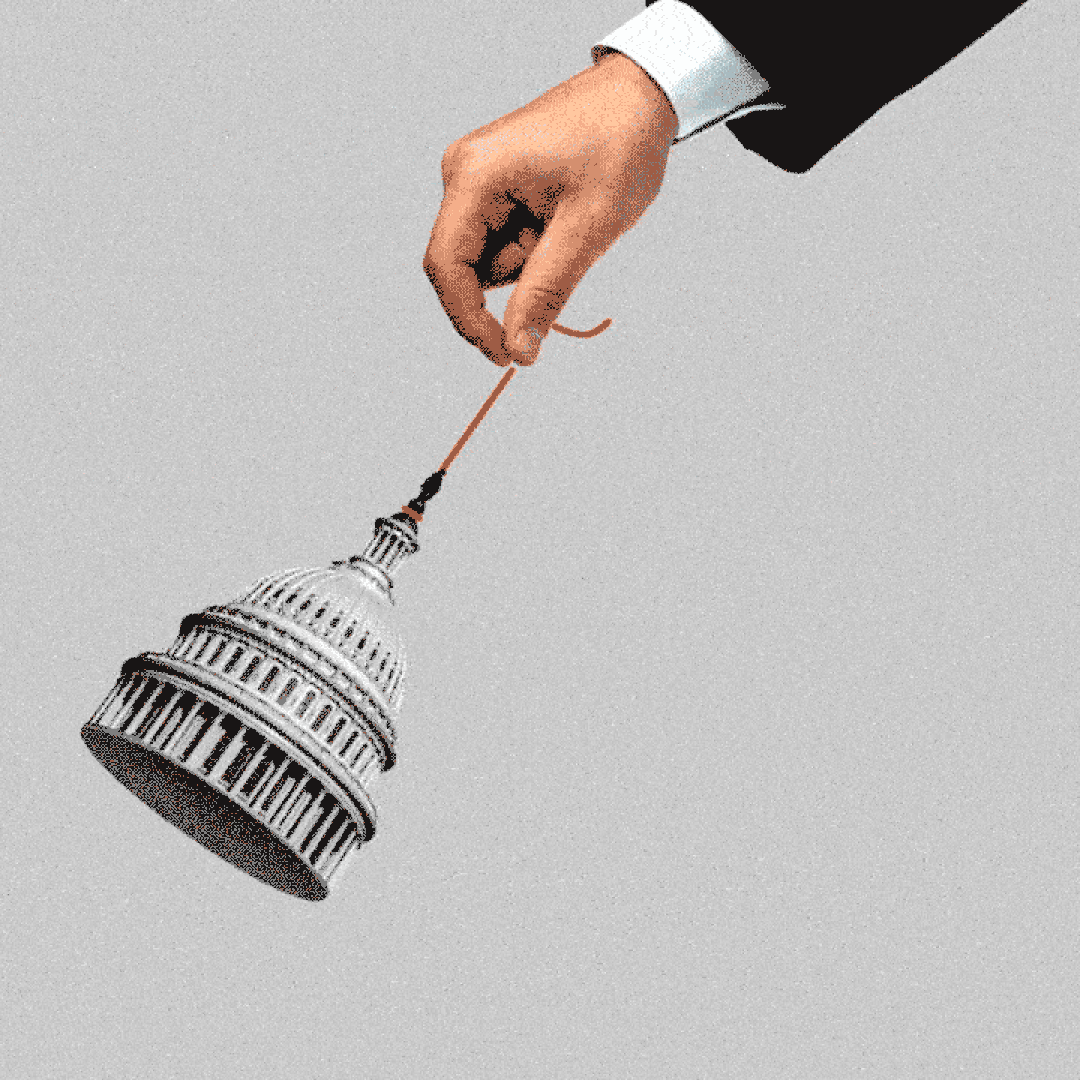For tech, antitrust is a fatal distraction

Published Date: 3/12/2019
Source: axios.com
When leaders in Silicon Valley assess the new antitrust fever among candidates and policymakers, the prospect of corporate breakups isn't their biggest worry. Instead, insiders fear missing the next cycle of industry change if they're distracted and hobbled by antitrust conflicts.Why it matters: If executives are busy answering lawmaker inquiries and defending regulator lawsuits, they're less likely to be protecting their businesses from upstart challengers. And if they're under constant regulatory scrutiny, they'll be less able to either elbow aside or snatch up the competition.Driving the news: Last week Democratic hopeful Sen. Elizabeth Warren (D-Mass.) unveiled a broad case for breaking up big tech icons like Google, Apple, and Amazon, arguing that operators of platform-style marketplaces should not also be participants in those markets.Whether or not Warren's campaign takes off, the combination of privacy scandals, misinformation scares and charges of anti-conservative bias mean tech companies face antitrust action no matter who's in charge of Washington. Inside tech's corporate suites, executives foresee a wave of legal challenge, legislative inquiry, and regulatory action.Like the Trump White House, they will be required to cough up emails and internal documents, to send key personnel for further committee testimony, and to face potentially damaging leaks.Flashback: Microsoft's antitrust fight with the feds two decades ago shows the kind of damage such an assault can wreak.A federal judge initially ordered Microsoft to split in two, with Windows and Office to be part of two separate companies. While that order was overturned on appeal, the combined effects of more limited regulation in the U.S. and prolonged scrutiny in Europe had a profound effect on the company's innovation in the ensuing years. Regulators in Europe and Korea for years forced Microsoft to offer versions that excluded Windows Media Player or allowed consumer to choose a default browser other than Internet Explorer.Lawyers became part of the software development process, and the company cautiously separated its products at a time when Google and Apple were further integrating software, hardware and services on new mobile platforms.IBM fought a similar epic federal antitrust suit from 1969 to 1982, ultimately prevailing. In both instances, the targeted companies found themselves focused on their legal quandaries and missed the next turn of the industry wheel.Antitrust action pinioned these tech Gullivers while new competitors in new kinds of businesses stole their initiative — Microsoft and the PC industry rose on IBM's turf, and Google and Facebook later emerged on Microsoft's.Intel, by contrast, cemented its dominant share of the personal computer chip market by playing along with regulators instead of fighting them. Intel's aggressive marketing skated right up to the line, but whenever a regulator balked, the firm settled. (It did miss out on mobile, though, creating a whole new set of headaches.)The bottom line: No tech giant has ever been split up by courts, regulators or legislators.The breakup of AT&T in the '80s was a different story, since the telephone giant was a tightly regulated, quasi-public utility.You have to go all the way back to the vivisection of John D. Rockefeller's Standard Oil a century ago for an example of a large-scale government-ordered antitrust breakup in the U.S.Be smart: For antitrust advocates, the corporate breakup endgame may not matter if, even without such a dramatic outcome, they can still achieve a key goal — ensuring that dominant incumbents can't squash or swallow the next wave of tech innovation.